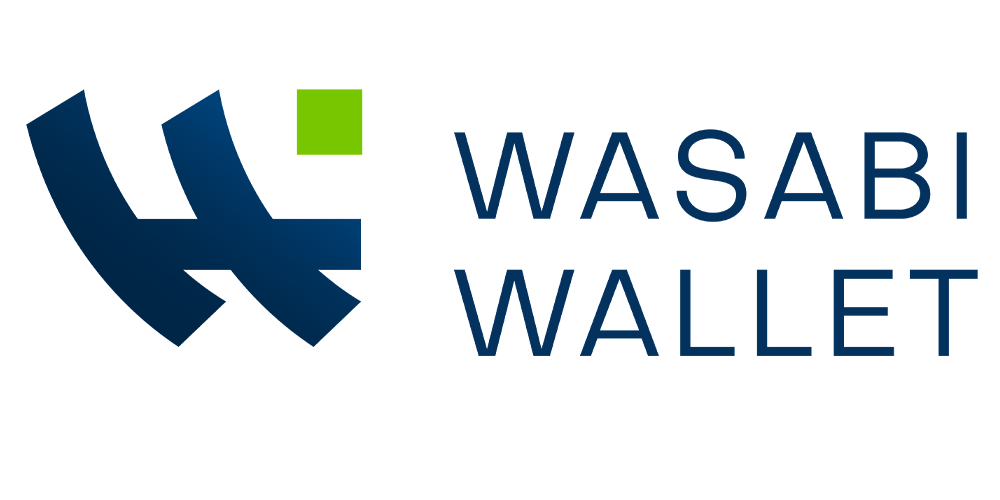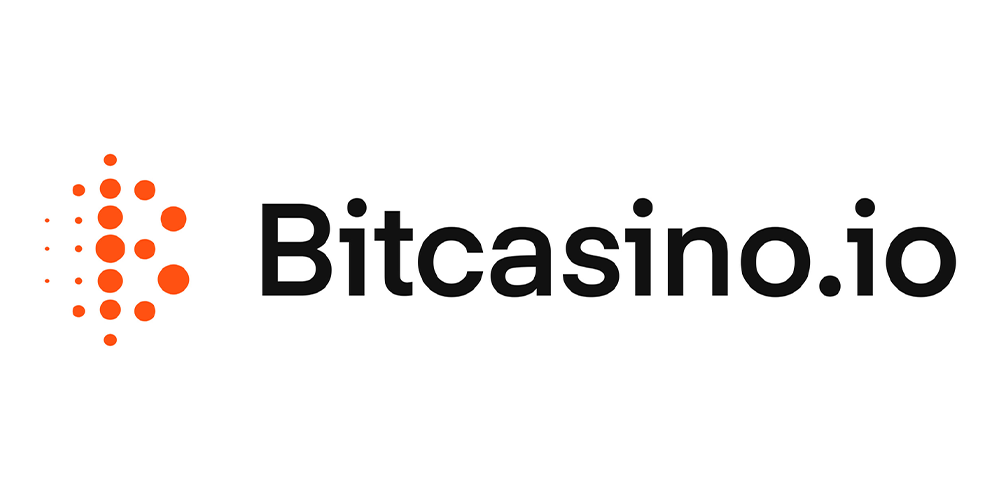How the IMF & World Bank Exploit Poor Countries with Alex Gladstein
Where to find the show
Download Episode MP3 File
The file will open in a new window. Click down arrow to download the file.
“You talk about the CIA and American foreign policy during the Cold War…that’s like level one. We’re on a second level here, the IMF and World Bank are operating on a meta-level, like we’re above Cold War politics, we’re at the level of timeless, strong countries abusing poor countries; this is way beyond the Cold War.”
SHOW DESCRIPTION
Alex Gladstein is Chief Strategy Officer at the Human Rights Foundation. In this interview, we discuss the IMF and World Bank - two powerful multinational institutions that have shaped the post-war world for developed nations' benefit. Alex uncovers the exploitation hidden from view and the ongoing real-world costs for the developing world.
- - - -
The IMF and World Bank are two major multinational institutions that have perhaps shaped the workings of the global economy more than any other. The issue is that, over the course of the past few decades, the IMF’s and World Bank’s roles and impacts have largely been forgotten.
Whilst casual observers are distrustful of the IMF and World Bank, in the main, people’s concern is vague, lacking facts or evidence. It’s hard to know why this is, but it’s worth noting that internally produced IMF and World Bank content dominates google search results at the expense of independent content.
And yet, the impact of the IMF and World Bank has been catastrophic for many developing nations. Specifically, it has been problematic for those outside the gilded circles of power in such countries who have had to carry the burden of debt through significant assaults on public services, food security and other fundamental quality-of-life provisions.
The reason? Neocolonialism. Extraction of resources from the periphery for the benefit of the centre. Indebtedness has been the tool used. A Ponzi scheme of debt relief to support debt servicing, designed to keep countries subservient to those controlling the IMF and World Bank. The cost is dictatorships, corruption, environmental degradation, and the destruction of potentially millions of lives.
It is uncertain whether Bitcoin can fix this. But, it acts as a powerful disincentive and disruption by weakening the exorbitant privilege of the dollar and enabling the innocent people subjugated by the IMF and World Bank and their own elites, an opportunity to opt-out of this system. Our role within Bitcoin is to discuss this history and help free those still bound by its constraints.
TIMESTAMPS
00:02:37: Introductions
00:03:05: The World Bank and the IMF
00:11:29: Debt-based colonialism
00:20:02: Japan and Indonesia
00:23:12: Structural adjustments, and Bangladesh
00:38:29: Incentives, and World Bank debt cycles
00:46:08: The drug of indebtedness - a Ponzi scheme
00:48:11: The Washington Consensus
00:57:29: Aid versus loans
00:59:52: Loans to dictators, and China's Belt and Road policy
01:10:30: Entering a new debt cycle
01:20:02: West Papua, Indonesia
01:26:51: Can a Bitcoin standard fix this?
01:32:22: Odious debt
01:36:00: Final comments
SUPPORT THE SHOW
If you enjoy The What Bitcoin Did Podcast you can help support the show by doing the following:
Become a Patron and get access to shows early or help contribute
Make a tip:
Subscribe on iTunes | Spotify | Stitcher | SoundCloud | YouTube | TuneIn | RSS Feed
Leave a review on iTunes
Share the show and episodes with your friends and family
Subscribe to the newsletter on my website
Follow me on Twitter Personal | Twitter Podcast | Instagram | Medium | YouTube
If you are interested in sponsoring the show, you can read more about that here or please feel free to drop me an email to discuss options.
SPONSORS
SHOW NOTES
Connect with Alex:
On Twitter
Read the Article
On LinkedIn
On Crunchbase
Mentioned in the interview:
Dulles announces U.S. withdrawal of Egypt dam offer, July 19, 1956 - Politico, Jul 2012
What Are Structural Adjustment Programs (SAPs)? - Investopedia, Sep 2021
Churchill's policies contributed to 1943 Bengal famine: study - The Guardian, Mar 2019
Bangladesh Fears Thousands May Be Dead as Famine Spreads - NY Times, Nov 1974
Argentina: History of Lending Commitments October 31, 2022 - IMF
The Fiat Standard: The Debt Slavery Alternative to Human Civilization - Saifedean Ammous, Nov 2021
The Debt Squads: The US, the Banks and Latin America – Sue Branford, May 1988
John Kerry's Handshake With Venezuelan Leader Raises Questions - NBC News, YouTube, Nov 10th 2022
Worst Cases of Hyperinflation in History - Investopedia, May 28th 2022
The white elephants stoking fury over Sri Lanka's debt crisis - FT, Jul 26th 2022
Paul Volcker’s Complicated Latin American Legacy - Bloomberg, Dec 2019
IMF bailouts hit record high as global economic outlook worsens - FT, Sep 25th 2022
Protesters swim in Sri Lanka president's pool - Sky News, Jul 11th 2022
Egypt Seeks 'Exceptional' Treatment by the IMF - Human Rights Watch, Aug 19th 2022
Ghana’s Cedi Slumps to World’s Worst Performer Amid IMF Talks - Bloomberg, Oct 17th 2022
Inside The Crazy Story of Iraq’s Debt - Bloomberg, YouTube, Mar 2020
Other Relevant WBD Podcasts:
WBD568: How the US Dollar Shortage is Driving Global Instability with Jeff Snider
WBD566: The Path of Freedom and Sovereignty with Natalie Smolenski
WBD565: Europe in Crisis with Lyn Alden
WBD542: Fractional Reserve, Base Money & Bitcoin with Matthew Mežinskis
WBD528: Everything You Know About the Economy is Wrong with Jeff Snider
WBD449: Chaos in the Bond Market with Greg Foss & Lawrence Lepard
WBD445: Do We Really Understand Inflation? with Cullen Roche
WBD438: Separation of Money & State with Matt Stoller & Peter Van Valkenburgh
WBD363: Why El Salvador Made Bitcoin Legal Tender with President Nayib Bukele
WBD353: From the Petrodollar to a Bitcoin Standard with Alex Gladstein & Nic Carter
WBD194: Bitcoin Around the World - Venezuela: Bitcoin Won’t Fix Venezuela with Javier Bastardo












